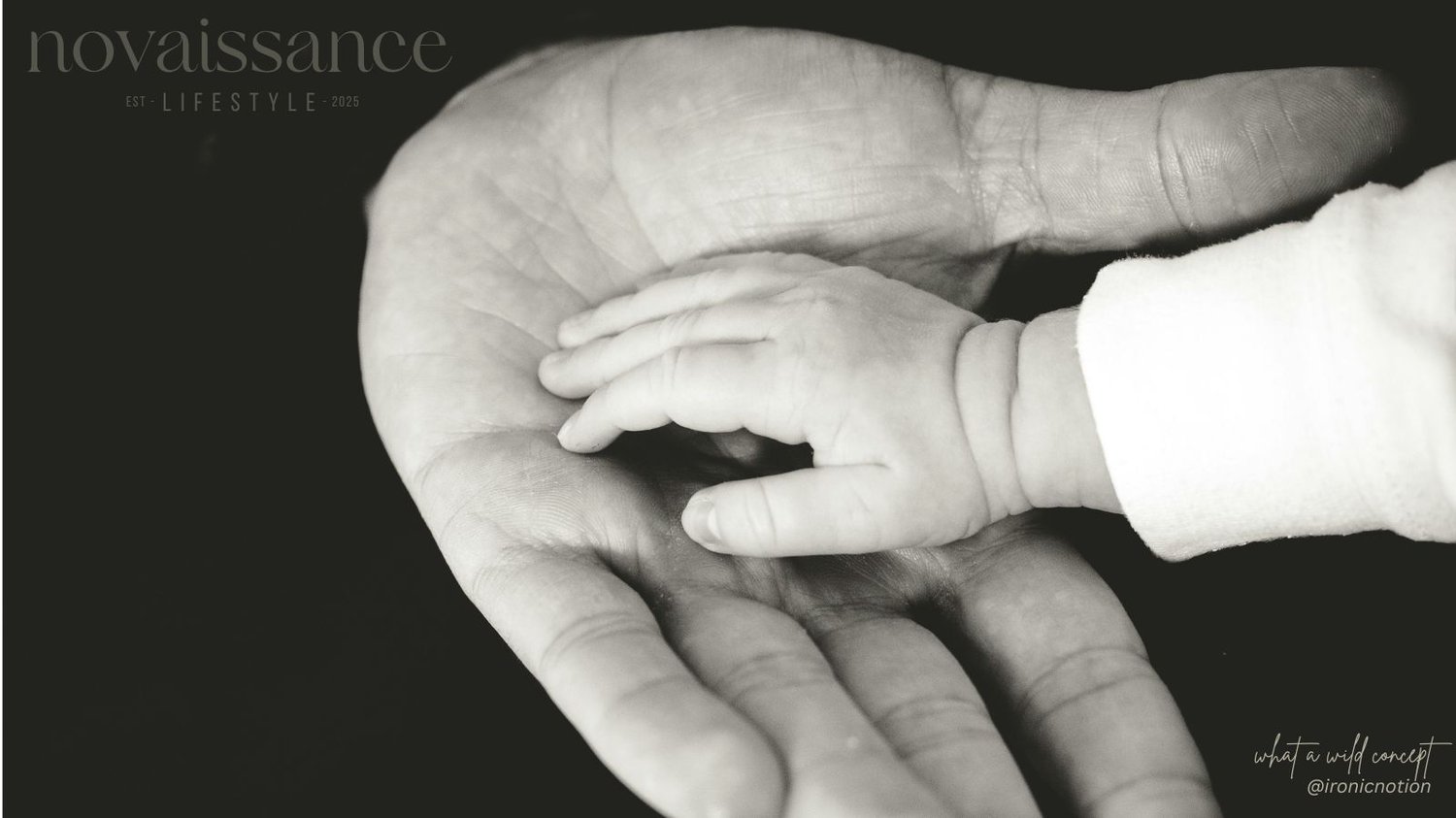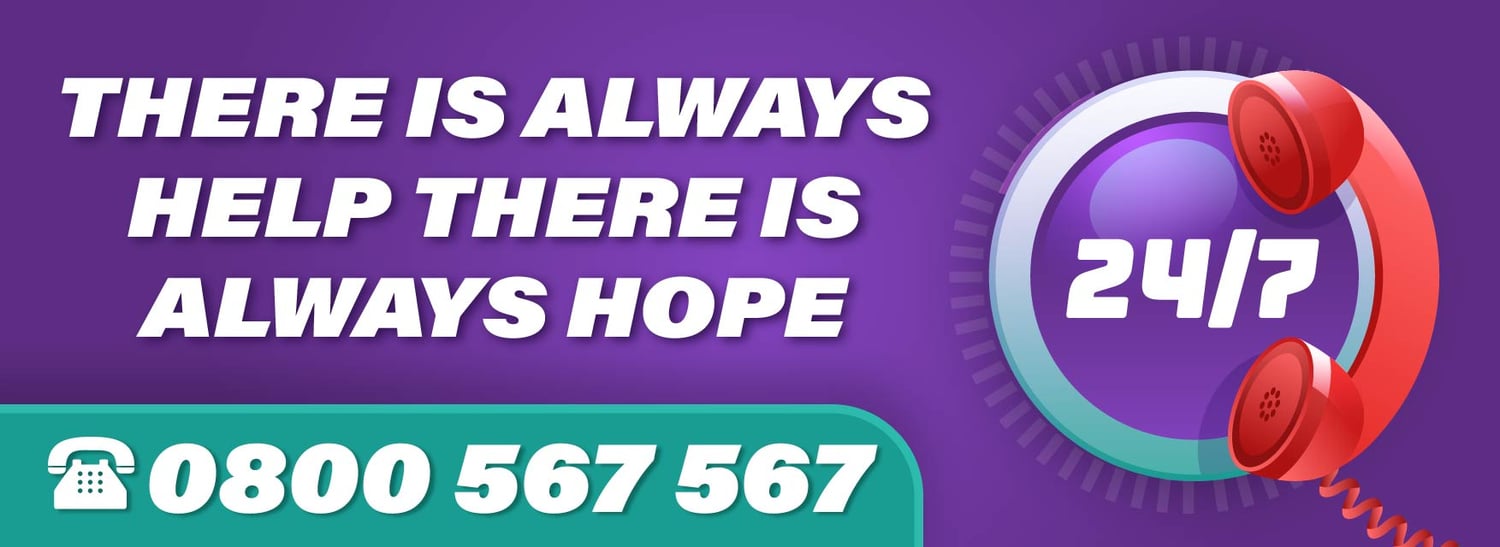I chose not to have children myself, but we can all remember our own childhoods. I see the scars of childhood in people every day, and very pronounced in two adults I love dearly.
My fiancé, Irish, and my close friend Rusty, both grew up in what we generally call a “good home” – stable, both parents still married today, well-fed and taken care of. And yet both of them have battled depression, have low self-esteem, doubt themselves, and have a very harsh inner critic. And why? They were loved, weren’t they?
Sure. But not in the way they specifically needed. And this isn’t just their story. It’s the story of countless ‘broken’ people. Ready?
The Five Love Languages, a framework developed by Gary Chapman, holds a key to this phenomenon, and it’s far more critical for parents to understand than most realize. It’s not a romance thing. It’s a universal thing, for all humans, at all stages of their lives.
I’m not going to explain the 5 love languages, just list them briefly (Words of Affirmation, Quality Time, Physical Touch, Acts of Service, and Receiving Gifts). These five “languages” describe how we perceive love – we, each individual, and each individual speaks their unique language, usually a combination with one primary. These languages shape the emotional foundation, in a child, that will be the basis of their entire life. If a parent speak a child’s primary love language, it fills their “emotional tank” and lays a solid foundation.
If it’s expressed in the wrong language, there is confusion, doubt, fear. The foundation is cracked.
It’s like speaking German to someone that only understand Japanese. Sure, I can see you’re saying something but I have no idea idea what you’re on about.
My fiancé’s primary love language is Touch, followed closely by Quality Time and Words of Affirmation. He is starved. He is constantly terrified that he’s too clingy – because he needs to be touched: hand holding, hugging, cuddles, just a brief shoulder-touch when I walk past him. His parents are loving but practical people. His parents’ primary language is Acts of Service. So while his parents are awesome, proud of him, loves him dearly, make sure he’s fed and clothed and spend time with him – he still feels unloved and unseen. He doubts himself, questions his abilities, struggles to accept compliments and is terrified of rejection.
My friend has it worse. A sensitive, gentle boy who grew up in a, by all standards, good home, is now so severely depressed he is actively attempting suicide. His primary language is Touch and Quality Time. His mom speaks in Acts of Service (and severe discipline). He feels utterly unloved and misunderstood. His inner critic is out of control.
A 2023 Hong Kong survey of 504 caregivers found that kids whose love languages were met had 20-30% lower family conflict and better emotional health. Misalignment, though, left gaps that lingered – and they don’t magically resolve when a child turns 21.
Most people assume love is universal. If you provide a home, food, safety, your children will feel loved. But only ~25% of parents actively use the love languages framework, per 2023 Parents.com polls. Time constraints (60% of parents cite this on Reddit) and cultural norms (e.g., undervaluing verbal praise in “tough love” homes) lead parents to default to Acts of Service, which 70%+ use daily. Meanwhile, kids needing Physical Touch or Words of Affirmation feel starved for love, even in “good” homes.
And this isn’t about “bad” parenting. I’m not calling these two homes bad at all. My fiance’s family is lovely.
But they are unaware.
The consequences? Adults like my loved ones are carrying wounds that reach so deep and so far, they doubt if they can ever repair it.
We need to become more aware of this, and we need to start communicating with each other in the language that is necessary. And if you’re a parent, learn your child’s love language. Watch how they show love - they often mirror what they need. There are free quizzes and apps that you can use to get yourself up to speed. If you don’t know yours, you can learn that too.
A 2019 Jordanian study showed consistent use of a child’s love language boosted their self-esteem significantly: just 10 minutes a day can rewire a child’s sense of worth, preventing the self-doubt I see in Irish and Rusty.
The world is full of adults struggling because childhood love didn’t reach them. We have to start breaking the cycle. Irish knows and works at it, so that he can communicate with his daughter in the language that she needs to hear. We cannot blame our older generation for things they didn’t know. But we know now, and now we can change it.
Raise a new generation of adults who know their worth, not ones fighting shadows of neglect – a new generation who is stronger and more capable, secure in love.





Comments ()